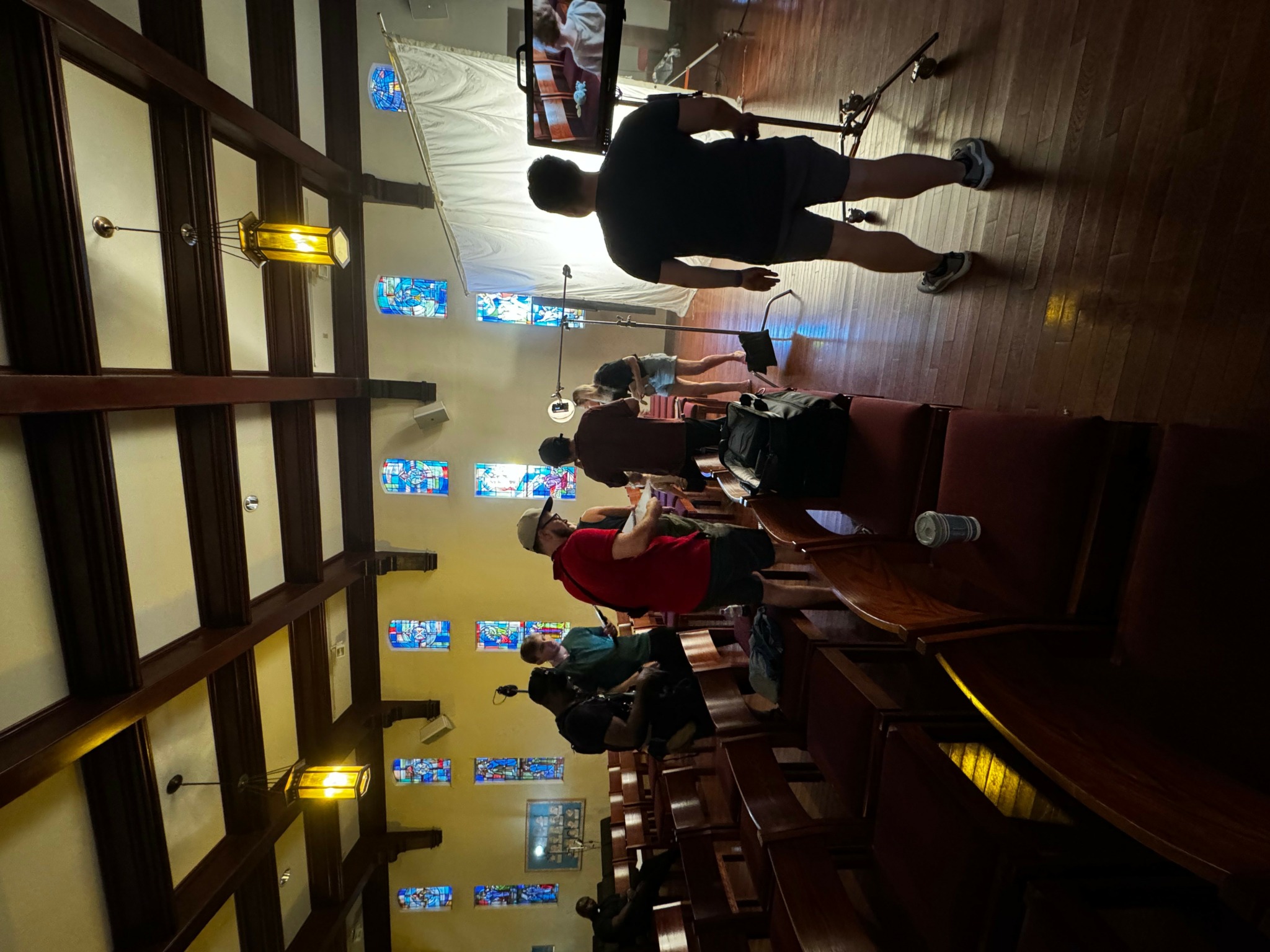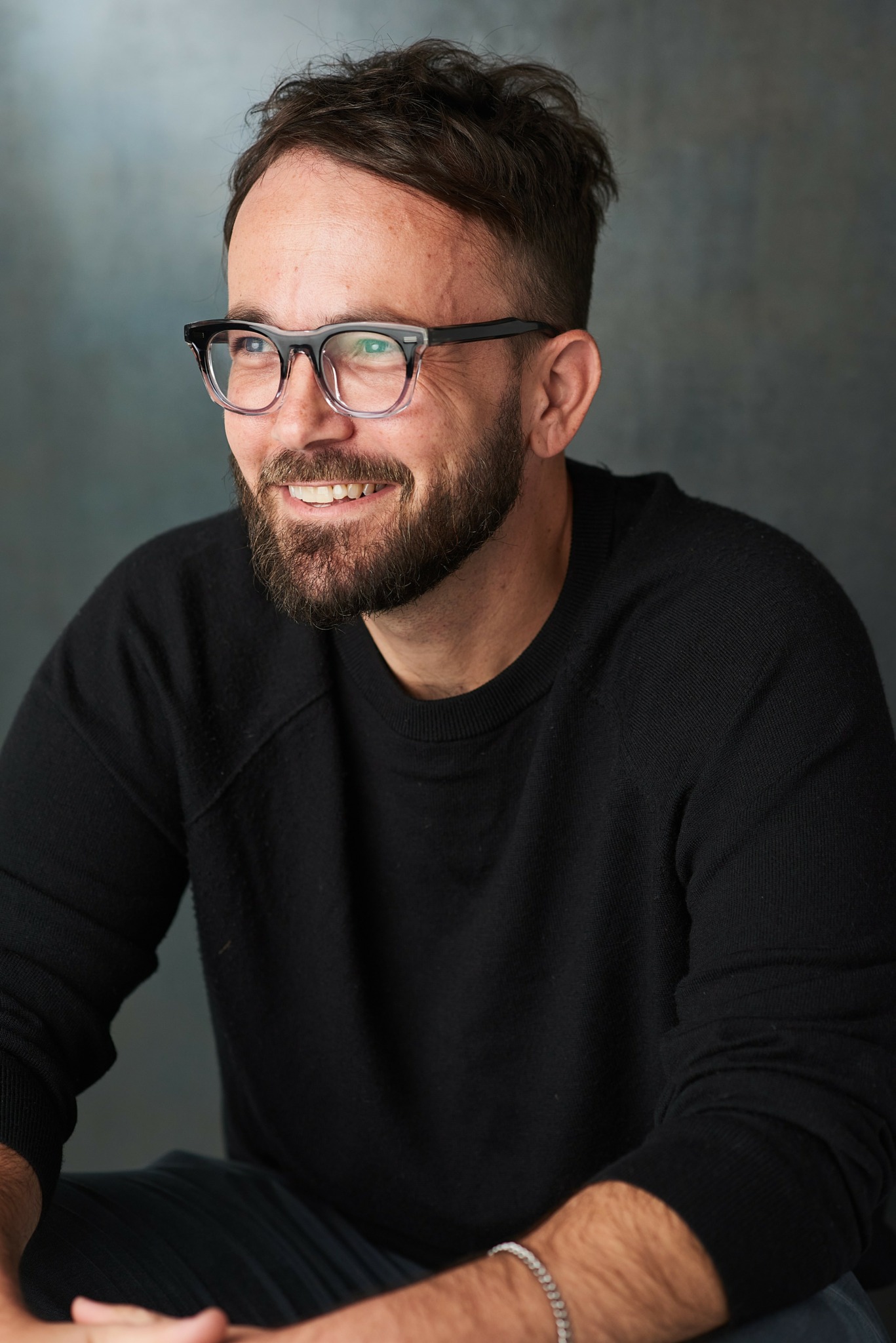We were lucky to catch up with David Myers recently and have shared our conversation below.
David, thanks for joining us, excited to have you contributing your stories and insights. What do you think matters most in terms of achieving success?
I used to think that creative success looked like this:
-I write something
-I share it with someone else
-They say, “Oh wow. That’s genius. I’d like to make that.”
And then we move forward together into the beautiful future.
I lost years to this simplistic approach to creativity, to a process of endlessly sharing my hard work with people, and near-constant feelings of disappointment every time each individual didn’t offer to transform my life.
I now believe that the first step in every work of creativity is that someone tells you it’s stupid. When Lin-Manuel Miranda pitched Hamilton to Daveed Diggs, Diggs said it was a bad idea. When Matthew Weiner wrote MadMen, no one wanted it. Andre 3000’s friends told him not to share the goofy pop hit “Hey Ya” with the world, for fear that it would ruin his rap cred. I now carry a quote from August Wilson in my heart: “Have belief in yourself that is bigger than anyone’s disbelief.”
I know believe the path to success is more:
-Wrestle out a new idea
-Listen/Consider the feedback telling you it has no future.
-Believe in the idea and in yourself.
-Refine Refine Refine
-Get knocked over
-Get back up
-Do everything you can to move each and every pawn across the chessboard.
-Make more work you believe in.
-Invite others into your inevitable success
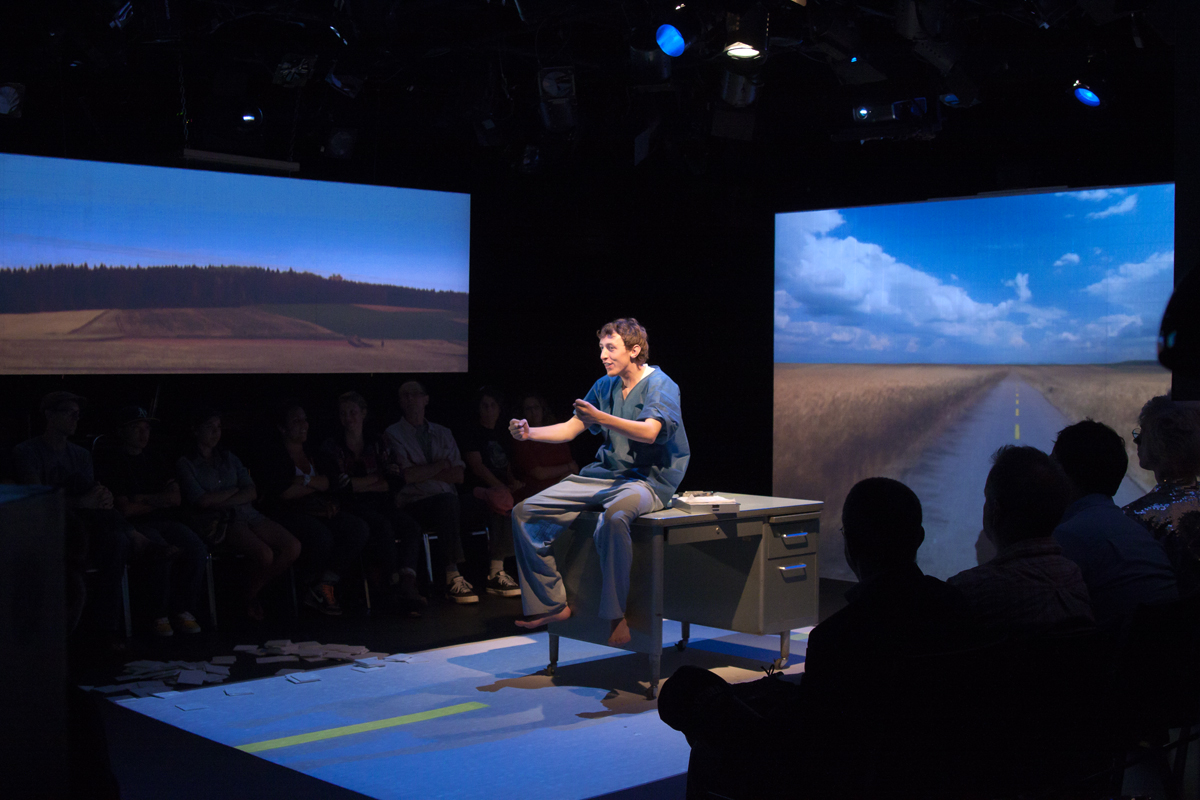
Great, appreciate you sharing that with us. Before we ask you to share more of your insights, can you take a moment to introduce yourself and how you got to where you are today to our readers.
I’m a playwright and screenwriter. I love creative storytelling, teamwork and imagination.
I’ve worked on some major TV shows, including Cross (currently #1 on Amazon), Cruel Summer (Hulu) and The Resident (Fox). I’ve had plays produced in New York City, London and Denver — and have an upcoming workshop at the Denver Center in early 2025. (https://www.denvercenter.org/, see “New Play Summit”).
I started writing in middle school. I wrote song lyrics in my notebook and then add verses that weren’t in the song. I began writing plays and, after winning a contest, was got a chance to study with Edward Albee at the University of Houston. I studied theater at Brown University and moved to NYC where I manned the literary department at The Public Theater. I read the best plays America was making — I met my idols. But I wasn’t yet making work I believed in.
I left the NYC dream to get my MFA in Dramatic Writing from University of California, San Diego. I focused on my voice and on learning how to make work I liked. When I left San Diego, I moved to Los Angeles and started working in TV and Film.
I quickly sold two original television series: one to Skydance TV; one to Warner Brothers; and then two original screenplays: one mystery thriller; one coming-of-age story. I’ve taught TV Writing, Screenwriting and Playwriting at both UCSD and Chapman University.
After a few decades of pursuit, I’m most proud of how my voice is clicking into place. I write about justice, complicated family dynamics over generations, and impossible dreamers who reach to make something special of their lives.
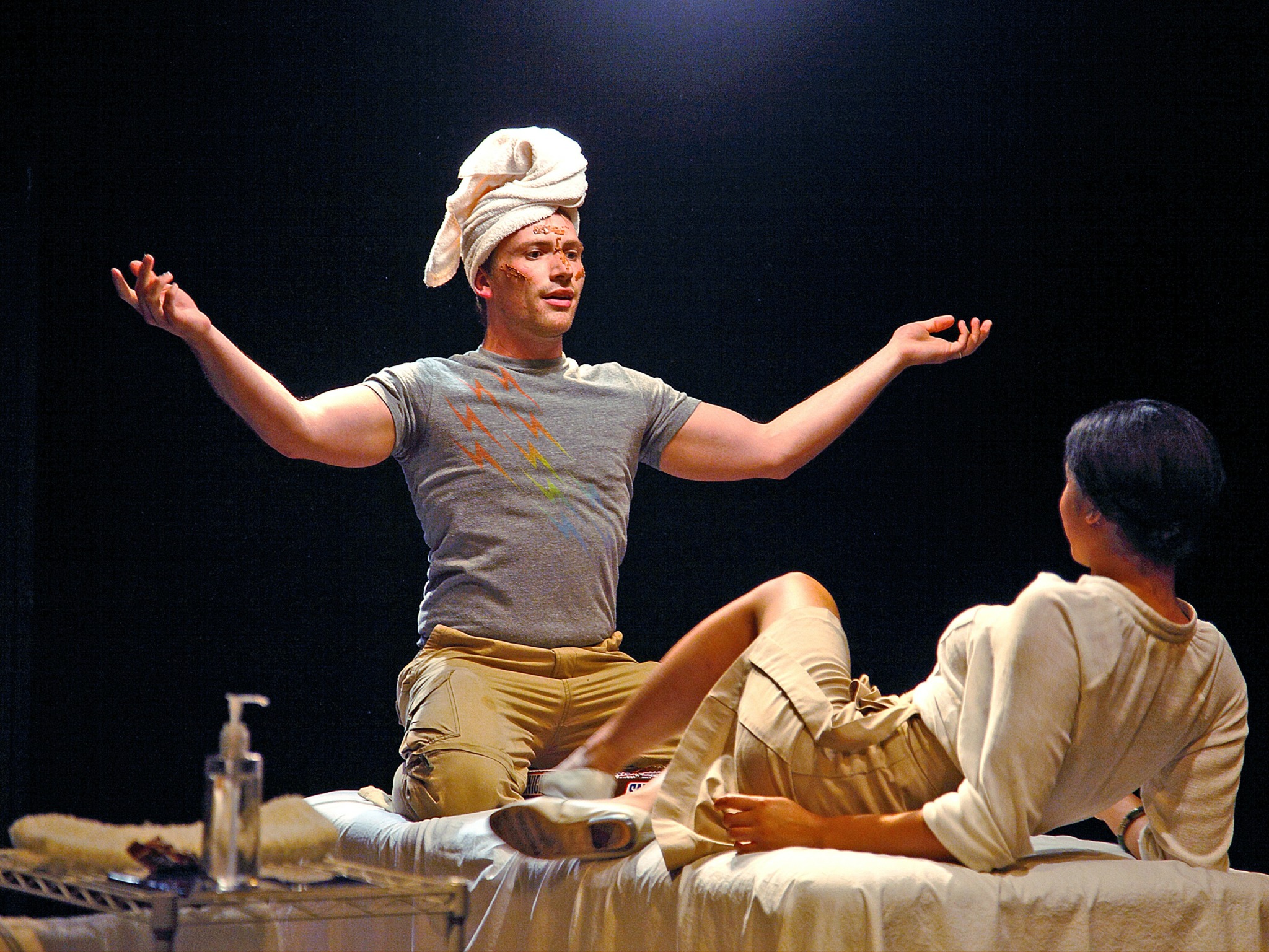
How about pivoting – can you share the story of a time you’ve had to pivot?
In 2015, I felt like I lost everything.
I had spent years in pursuit of a good agent and a good manager — people who could help me bring stories to market and could help find the right market for my stories. Though we’d been successful together, I was frustrated with the inattention from my agent. I decided to pursue a new literary agent, and I included my manager in the search. But I forgot that the manager was more loyal to the agent than he was to me! So after I dropped one representative, I lost the other. Suddenly, my connections to the marketplace where gone.
The discouraging professional blow came with loads of fear. I became scared to share my ideas, scared to have an opinion on whether or not material was good, and too scared even to write. I was embarrassed and felt downgraded from professional to amateur. The script that brought me out of that chapter was excruciating to get down on paper — each word needed to move through hours of self-doubt just to come out.
The first lesson I take from this downturn is to always approach my craft with humility and confidence. Every idea can get better, but the way you get better at something is by doing it. To get better at basketball, one must play. To get better at writing, you must write. To get better at Hollywood salesmanship, you must get fired, find new jobs, lose agents, find new ones, enter contests, make your own movies, endlessly create and build. You must force the train out of the station.
The second lesson I learned was that I need my own relationships to potential buyers. Agents and Managers support and introduce, but the work of maintaining relationships is my own.
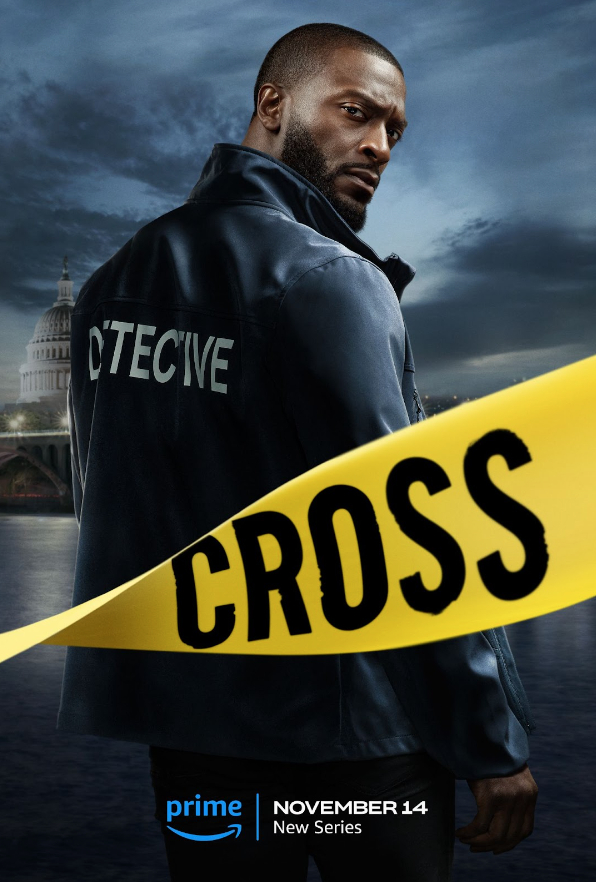
Looking back, are there any resources you wish you knew about earlier in your creative journey?
I wish I’d ponied up the money and started making my own short films sooner. Nothing teaches you about the process of writing for a screen faster than writing something, shooting it, and then trying to tell a story with the footage you have.
For Professorial work, I wish I’d known about higheredjobs.com.
For Script Coordinator work, I wish I’d known about [email protected].
For Screenwriting, I recommend the contests on Coverfly.
For Theater, I recommend going to the website of any theater in your area, finding the name of the person who reads plays, and then asking them if you can send them a play. And if they don’t like it, go to their competitors. And if no one likes it, put it on yourself. Have belief in yourself that is bigger than anyone’s disbelief.
Contact Info:
- Instagram: @perfect_n_brave
